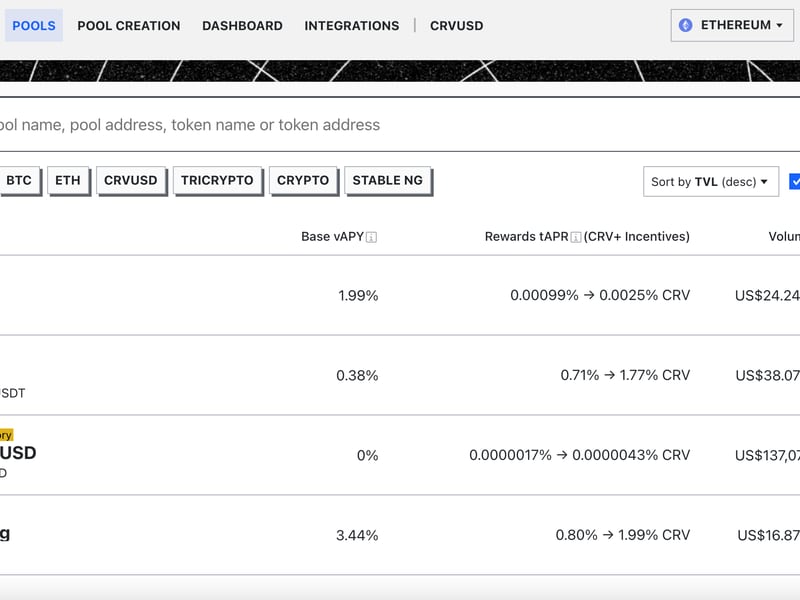Australians Won’t Use Libra, Believes Central Bank
Australians Won’t Use Libra, Believes Central Bank
The Reserve Bank of Australia (RBA) has expressed doubt over whether cryptocurrencies, including Libra and central bank digital currencies (CBDCs), will ever become viable solutions.
In a submission (pdf) to the Select Committee on Financial Technology and Regulatory Technology just before Christmas, RBA officials were skeptical that cryptocurrencies, in their current and future forms, would ever replace government-issued money.
Although newer initiatives like Libra and CBDCs could promote financial inclusion, the bank’s current assessment is that innovation in the broader fintech space will make these solutions redundant.
“In Australia, it is unclear that there will be strong demand for global stablecoins even if they do meet all regulatory requirements, particularly for domestic payments,” reads the submission. “Australia is already well served by a range of low-cost and efficient real-time payment methods, such as the NPP [New Payments Platform] that utilise funds held in accounts at prudentially supervised financial institutions.”
In 2018, the RBA established an in-house research team to better evaluate new technologies for the country’s payments system. That includes central bank digital currencies (CBDCs), where the team have trialled a “wholesale settlement system” on a private ethereum network, to better understand whether tokens could create efficiencies in issuing currency to commercial banks.
CBDCs have seen support from some central bankers, including Christine Lagarde and Mark Carney. The People’s Bank of China (PBOC) is currently putting its “digital yuan” through real-world tests ahead of public issuance sometime in the future.
But the RBA believes a “digital Australian dollar” would be an unnecessary disruption to the existing financial system, particularly for retail use. The bank cites research by accounting firm EY that also found a CBDC would be the “least effective” solution for promoting growth in the Australian fintech sector.
Following years of watching the asset-class, the RBA remains unconvinced about the future of cryptocurrencies. Most are rarely used or accepted as payment, despite some being around for nearly a decade; their price volatility makes them popular with speculators, rather than with ordinary citizens. This “explains why [cryptocurrencies] have not become widely used in Australia as a means of payment,” reads the RBA submission.
Although the Australia government has trialled various solutions, including a token by its bullion mint that allows investors to trade and settle gold in real-time, it has adopted a fairly sceptical view to cryptocurrencies overall.
The chief digital officer of the Digital Transformation Agency (DTA) said last year that although blockchain was “interesting”, it had been overhyped by the industry. The RBA’s governor, Philip Lowe, said last summer that he didn’t see what role the newly launched Libra project would fill in a country which already has an efficient electronic payment system.
Conventional systems include the NPP, which launched in 2018 to provide Australian citizens with a real-time solution that allows users to send transactions using a phone number or email address. Although it had been backed by the central bank, uptake has been low with only a handful of commercial banks currently support the platform. An RBA report in June 2019 described the roll-out as “disappointing”.
Disclosure Read More
The leader in blockchain news, CoinDesk is a media outlet that strives for the highest journalistic standards and abides by a strict set of editorial policies. CoinDesk is an independent operating subsidiary of Digital Currency Group, which invests in cryptocurrencies and blockchain startups.








